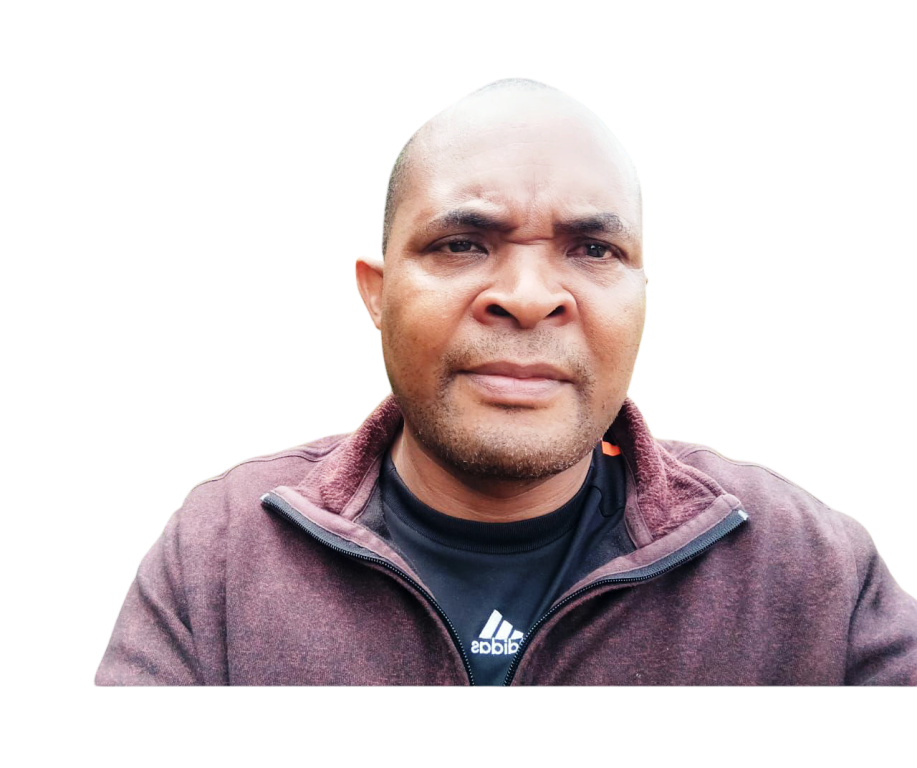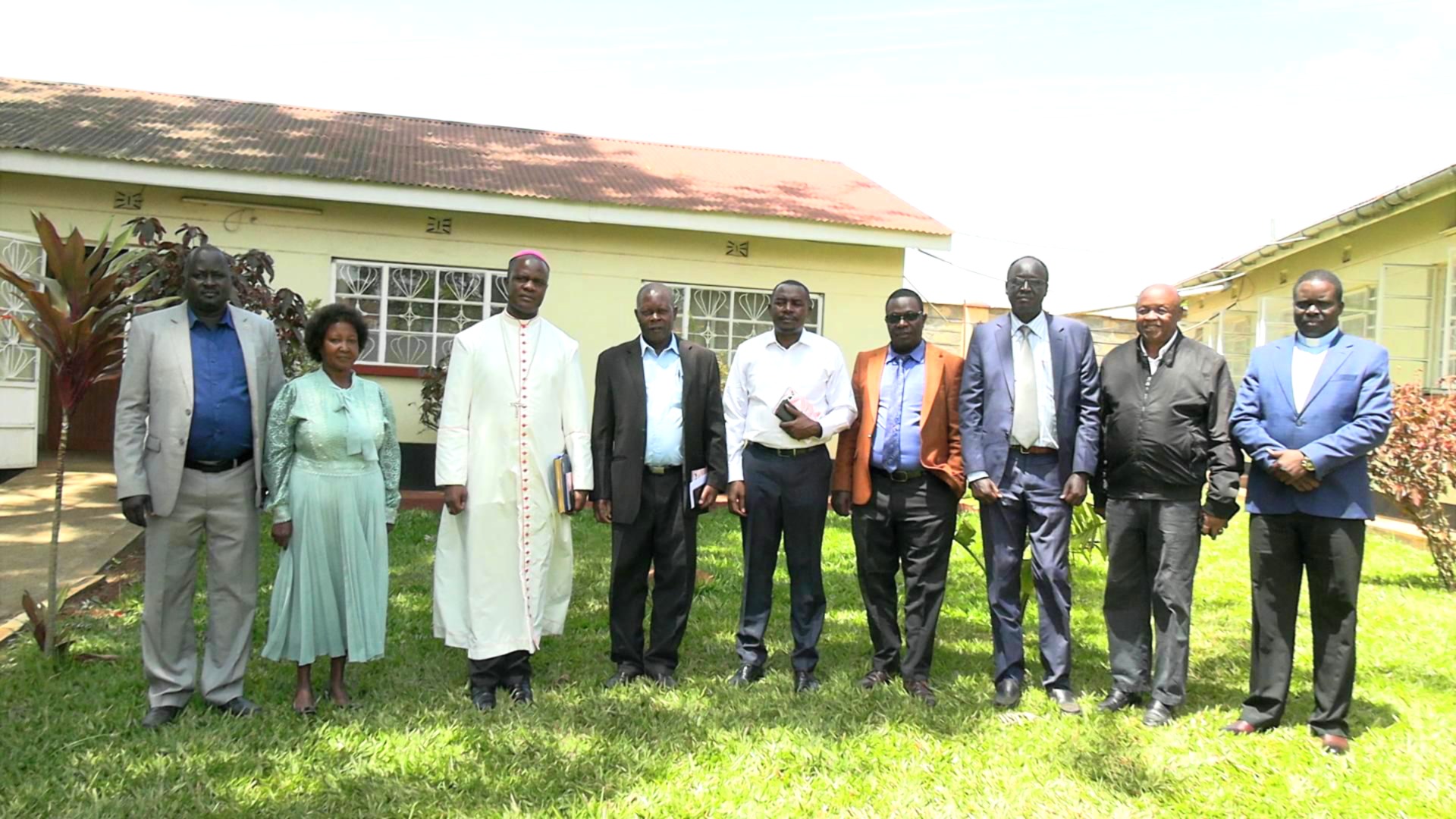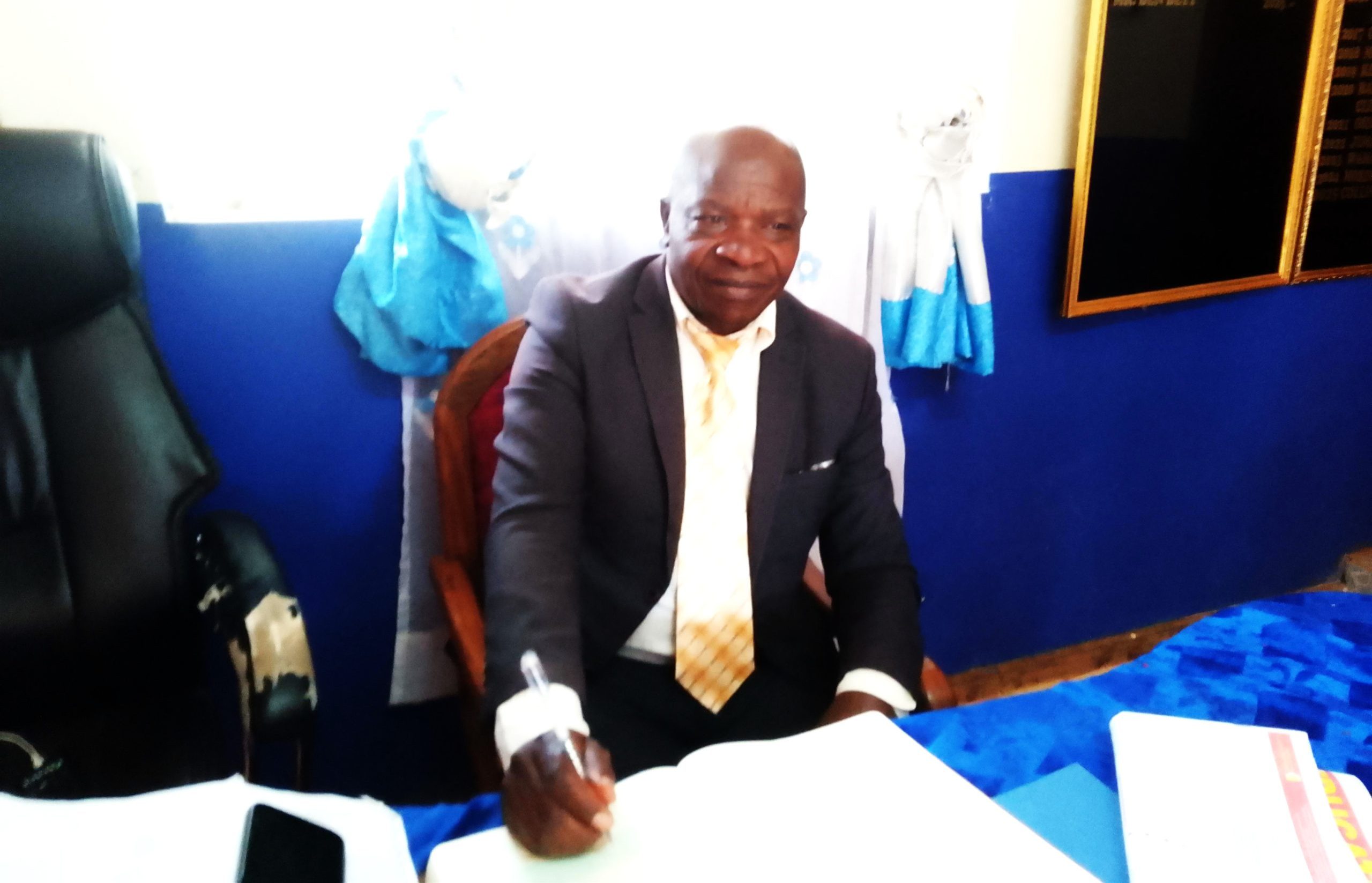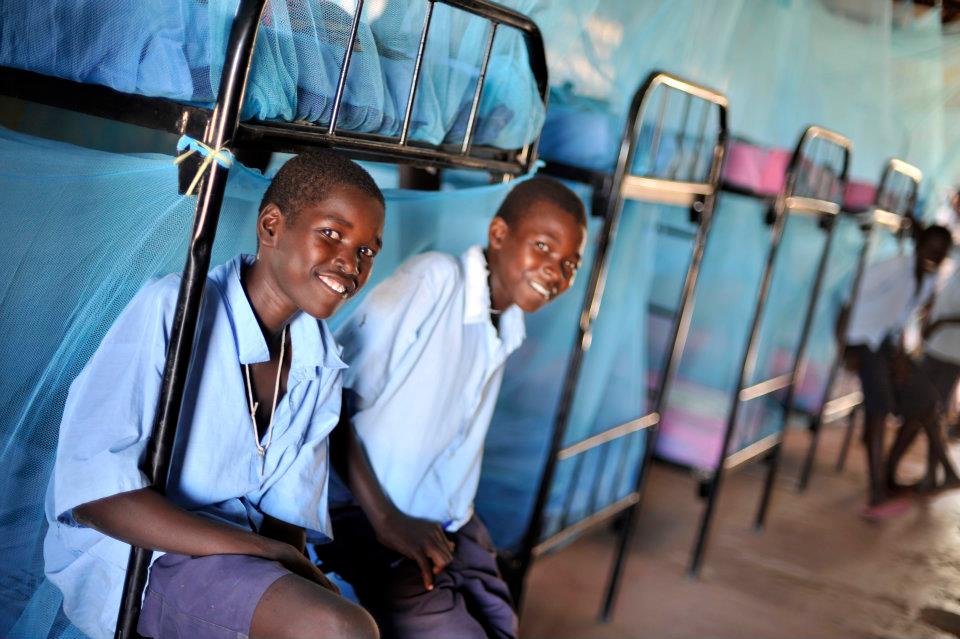In the Competency-Based Curriculum (CBC), effective lesson planning is critical in ensuring learners acquire the desired competencies and skills for life and work in the 21st century. Among the instructional models adopted in CBC is the 7Es lesson planning model, a structured yet flexible framework that promotes learner-centered, inquiry-based, and reflective teaching and learning processes. This model builds upon the widely recognized 5Es instructional model developed by the Biological Sciences Curriculum Study (BSCS), extending it to better fit the needs of the CBC.
The 7Es in CBC lesson planning stand for Elicit, Engage, Explore, Explain, Elaborate, Extend, and Evaluate. These phases are interlinked in a dynamic way that allows learners to construct knowledge, develop values, and apply skills in meaningful contexts. Below is a detailed exploration of each of the 7Es and how they enhance curriculum delivery.
Elicit
The Elicit phase is the starting point of any CBC-aligned lesson. Here, the teacher seeks to activate learners’ prior knowledge, experiences, beliefs, and perceptions related to the concept to be taught. It is based on the understanding that learners do not come to class as blank slates. They carry with them understandings – both accurate and mistaken – based on their background and interactions with the world. Teachers can elicit prior knowledge using thought-provoking questions, a short story, a photograph, a video, or even a short class discussion. This process helps the teacher understand where learners are in their thinking and adjust instruction accordingly. It also makes learners feel that their input and experiences matter.
ALSO READ:
Engage
Once learners’ prior knowledge is activated, the teacher moves to the engagement phase. Here, the aim is to capture learners’ attention and stimulate their curiosity. Engagement can come in the form of a riddle, a real-life problem, a simulation, a song, or a short role play. This is the stage where learners begin to connect emotionally and intellectually with the subject matter. In CBC, engagement is especially important because it shifts learners from passive to active participants in their learning. An engaged learner is more likely to take initiative, ask questions, and develop a genuine interest in the subject.
Explore
The Explore phase emphasizes learner autonomy and hands-on experience. At this stage, learners interact with materials, peers, or data to make discoveries. They can work in pairs or groups, perform experiments, collect data, or brainstorm solutions. The teacher takes a facilitative role—guiding without dictating outcomes. Exploration encourages learners to construct their own understanding based on evidence and reasoning. It is here that learners develop curiosity, teamwork, problem-solving skills, and a sense of ownership over their learning. Importantly, learners begin to notice patterns, relationships, or gaps in their understanding, preparing them for the next stage.
Explain
After the exploration comes the explanation phase. Learners now begin to share what they have discovered. The teacher helps clarify misconceptions, introduces new vocabulary, and connects learners’ findings to formal content. In this phase, both teacher and learners collaborate to build shared meaning. Unlike the traditional lecture model, in the CBC 7Es model, explanation is not a one-way activity. It is a conversation where learners express their ideas, and the teacher refines them into accurate, curriculum-aligned concepts. This phase strengthens communication skills and encourages learners to think critically about their learning processes.
ALSO READ:
Former St Anthony’s star Aldrine Kibet signs KSh864 million deal with Spanish club Celta Vigo
Elaborate
In this phase, learners apply what they have learned in new or extended contexts. The goal is to deepen understanding, make connections across subjects, and apply knowledge in solving real-life problems. For example, a science lesson on ecosystems can be linked to environmental conservation projects in the community. The elaborate phase builds critical thinking and creativity. It helps learners see how knowledge is interconnected and applicable beyond the classroom. This aligns with CBC’s emphasis on integrated learning and practical application of skills and attitudes.
Extend
This phase is often confused with elaboration, but in CBC, it has a distinct purpose. Extension goes beyond curriculum content and encourages learners to pursue independent learning. They are guided to initiate projects, conduct personal research, innovate, or involve community members or family in learning activities. For instance, learners can be tasked with interviewing elders about cultural practices, then presenting their findings to the class. Extension helps learners personalize their learning, develop self-direction, and nurture lifelong learning habits.
ALSO READ:
Teachers beaten, flee into bush as KUPPET protest against MP Shakeel turns violent
Evaluate
Evaluation is the final but ongoing phase. In CBC, assessment is not just about exams and grades—it is about measuring growth in competencies, skills, values, and attitudes. In the evaluate phase, teachers assess learners using varied methods such as observation, portfolios, checklists, peer assessment, and self-reflection tools. The goal is to gather evidence of learning, offer feedback, and identify areas that need reinforcement. Learners also evaluate themselves and their peers, enhancing metacognitive awareness and responsibility for learning.
In conclusion, the 7Es lesson planning model offers a comprehensive, learner-centered framework for implementing the CBC effectively. Each “E” builds on the previous one, creating a dynamic and coherent learning experience that goes beyond content delivery to competency development. By adopting this model, teachers shift from being mere transmitters of knowledge to facilitators of learning, while learners become active constructors of meaning. This transformation is at the heart of the CBC vision: empowering every learner to become engaged, empowered, and ethical citizens who can thrive in a changing world.
By Ashford Gikunda
You can also follow our social media pages on Twitter: Education News KE and Facebook: Education News Newspaper for timely updates.
>>> Click here to stay up-to-date with trending regional stories
>>> Click here to read more informed opinions on the country’s education landscape






